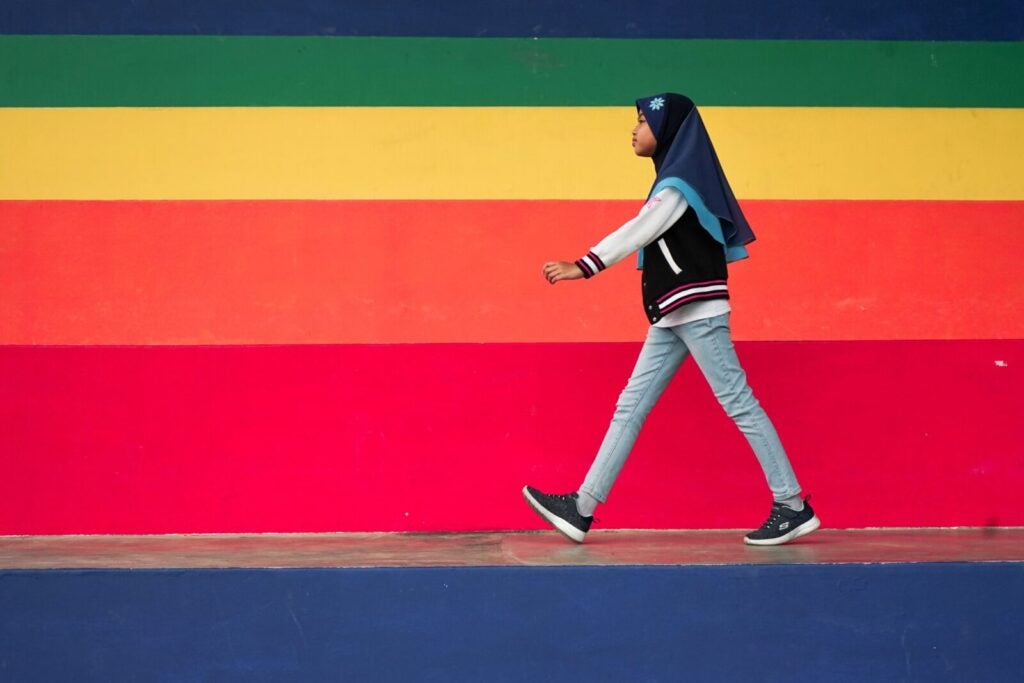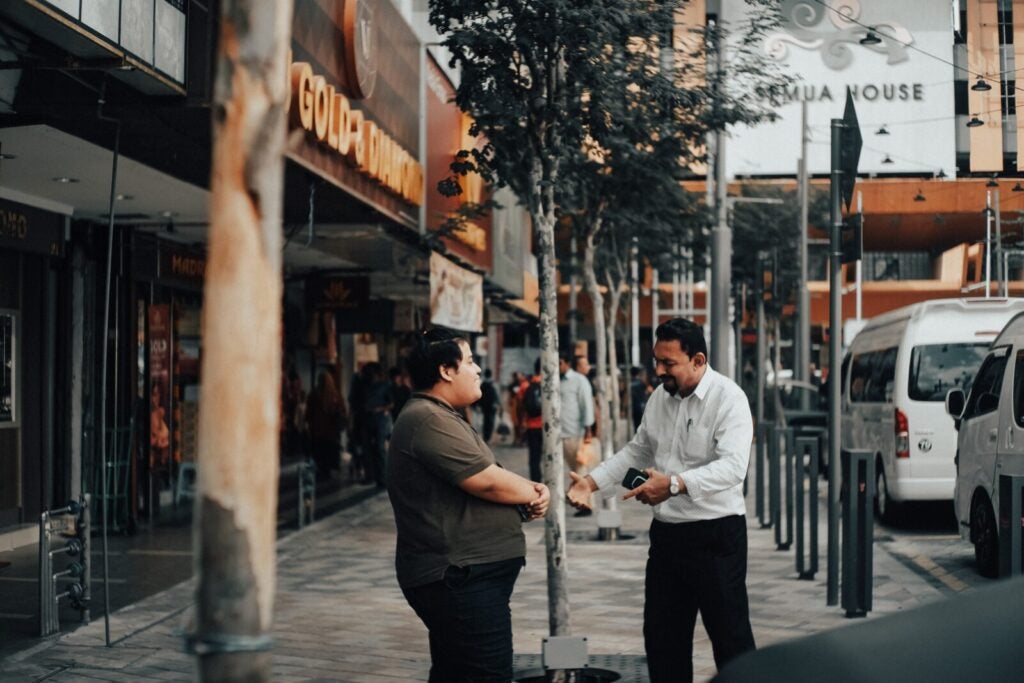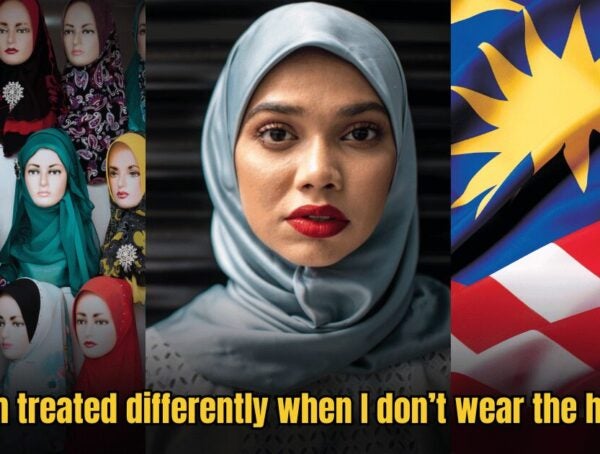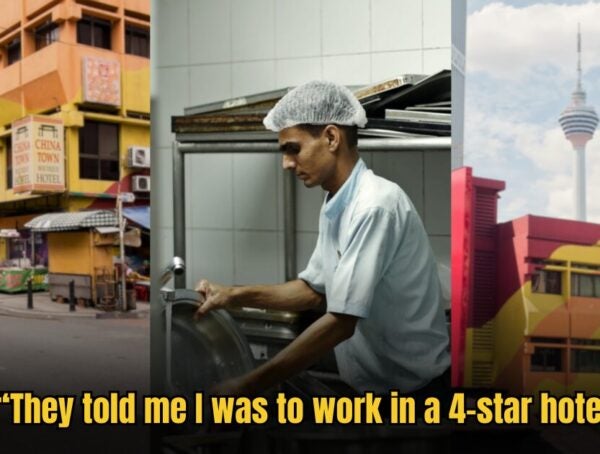Disclaimer: In Real Life is a platform for everyday people to share their experiences and voices. All articles are personal stories and do not necessarily echo In Real Life’s sentiments.
Malaysian born Penny Wong made headlines both locally and internationally last month as she had been elected as foreign minister of Australia on the 23rd of May.
This appointment has brought the resurfacing of the topic of ‘brain drain’ here in Malaysia- the migration of a highly qualified person out of their home country.
Her appointment has also brought upon a heated discussion on identity among Malaysian netizens. There have been people who have even gone to the extremes of saying that she should not be calling herself a Malaysian- she did after all choose to leave the country and serve another one.
Why do Malaysians choose to leave?
Maisarah is an accountant working and living in Ireland with her husband. She was born in Klang and raised in Shah Alam, Selangor.
“There are so many reasons why I chose to move out of Malaysia, and it’s not because I don’t love Malaysia.”
She studied in England for 3 years before coming back to Malaysia for work. During her time back here, she faced many frustrations. One of which brought to light the structure of society here in Malaysia and how it is unjust and holds prejudice towards its people.
“I went to do charity work through my ex-employer, we went to this rumah kebajikan (shelter home) for girls and I found out that one of the girls I connected with was undocumented.”

Discriminatory laws against men & women
There is a provision of the supreme law of Malaysia that allows only Malaysian fathers to obtain automatic citizenship for their children born overseas. This law does not apply for Malaysian mothers.
“Unfortunately that young girl fell into that category. It made me so sad because she had aspirations. She wanted to become a doctor but she couldn’t do that because she can’t even further her studies.
“For a while I tried to voice out in any way that I could, but after a while you realise that you’re just a voice. I would hear things like ‘What would you know? You’re a lady, you’re young, you don’t know anything, you don’t even makan garam (eat salt, a saying used to symbolise facing hardships) that much,’ I really hated that.”
There’s a lot of red tape in Malaysia
“I had the opportunity to sit at the same table as Datuk Shamsuddin of the MEF(Malaysian Employers Federation) and we talked about how some Malaysian companies have language, religious, and even racial requirements.
“Penny Wong is queer and we know that she cannot be anything here in Malaysia.”
Is our pride justified?
Malaysians are also always quick to shout about the achievements of Malaysians overseas, there always seems to be a strong sense of unity and support, an eagerness to claim that “They’re Malaysian!”, but are those successes really something we should be proud of?
“I feel honestly, Malaysians are extraordinary people. We are a bright and resourceful bunch. We can be proud that those are our brothers and sisters, our fellow Malaysians.
The sad thing is that people had to move away to get that.”

Another Malaysian abroad, Afiq, says this,
“I used to be really proud of whoever was Malaysian, like when you see all these news articles about Malaysian people being successful abroad, but now I think, what does that have to do with me? If they’re doing something great then that’s good for them, but there’s no extra premium I’m affording to them just because they’re Malaysian.
“I honestly think it’s kind of stupid when something like a Malaysian got into Harvard comes up and Malaysians claim it. I would say props to their parents and teachers, but I probably wouldn’t go as far as to say it was because of Malaysia.”
The lack of proper infrastructure and a botched social system makes it difficult to be proud.
That does not however mean that those who have chosen to leave Malaysia for better opportunities are disregarding their roots.
Afiq was born in Malaysia but moved abroad because of his father’s job at the age of 3. He identifies as Malaysian as they moved back when he was 12 and he lived in Malaysia through all of his teen years. Afiq graduated from Cambridge two years ago and is currently working a finance job in London.
“I used to be really proud of my Malaysian identity, but honestly speaking, that’s faded away a bit. Not because I’m not proud of Malaysia or anything, it’s just that when you live abroad, it’s really hard to keep your nationality in mind and your identity starts to mould around other things that’s not your country.
“I do think that people should assimilate- and by that I mean make an effort to learn about the culture wherever they go as a sign of respect, but at the same time they shouldn’t lose their roots.
“I don’t like it when people don’t pay their dues to an area which may have helped them out. There’s definitely people there who have contributed to your success, so if you f*ck off and never think about it again then I don’t think that’s a very classy thing to do.”

You’re not Malaysian enough
“I think every Malaysian who has been abroad for a while gets that sh*t. If you ask any Malaysian who grew up abroad as kids like I did, they probably get that sh*t all the time, especially because I can’t speak Malay that well.
“It used to bother me, but the definition of a Malaysian is someone who was born in Malaysia or has a Malaysian passport, and I am that, so now it doesn’t bother me.
“Something that reassures me is the phrase “There are Malaysians who don’t like durian”. It’s a symbol like there being Malays who can’t speak Malay because they might be mute or learning disabled or had a funny childhood and never learned it.
“Everytime someone says I’m not Malaysian enough or I don’t feel like I fit in, I keep remembering that there are Malaysians who don’t like durian.”
I decide where I call home
Maisarah hopes people realise moving forward that identity is not going to be binary or singular. “We are living in a globalised society where you are seeing a lot of people moving here and there, migrating here and there. People coming into Malaysia and going out of Malaysia.

“Whether you like it or not, you will have to embrace that, that is how the world is moving forward.
“You don’t know me, you don’t know my family, and you cannot just generalise all of us because I am still a very proud Malaysian by heart and you cannot take that away from me.”
For more stories like this, read: Malaysian Employers Think Raising The Minimum Wage Is A Bad Idea – Here’s Why They’re Wrong, Malaysians Are Obsessed With Success And Accomplishments – Here’s Why We Need To Acknowledge Failure Too
You might also like
More from Real People
‘A RM100 fee cost a company 5 years of revenue’ shares M’sian
This story is about a Malaysian who learned that bureaucracy can be defeated simply by not arguing with it.A billing …
‘I quiet-quit, upskilled, and tripled my salary,’ shares M’sian engineer
This story is about a Malaysian who learned that loyalty without leverage leads nowhere in the corporate world.After years of …
‘I did everything right, and it still wasn’t enough’ shares M’sian graduate
This story is about a Malaysian graduate navigating big dreams in a job market where a degree no longer guarantees …


















